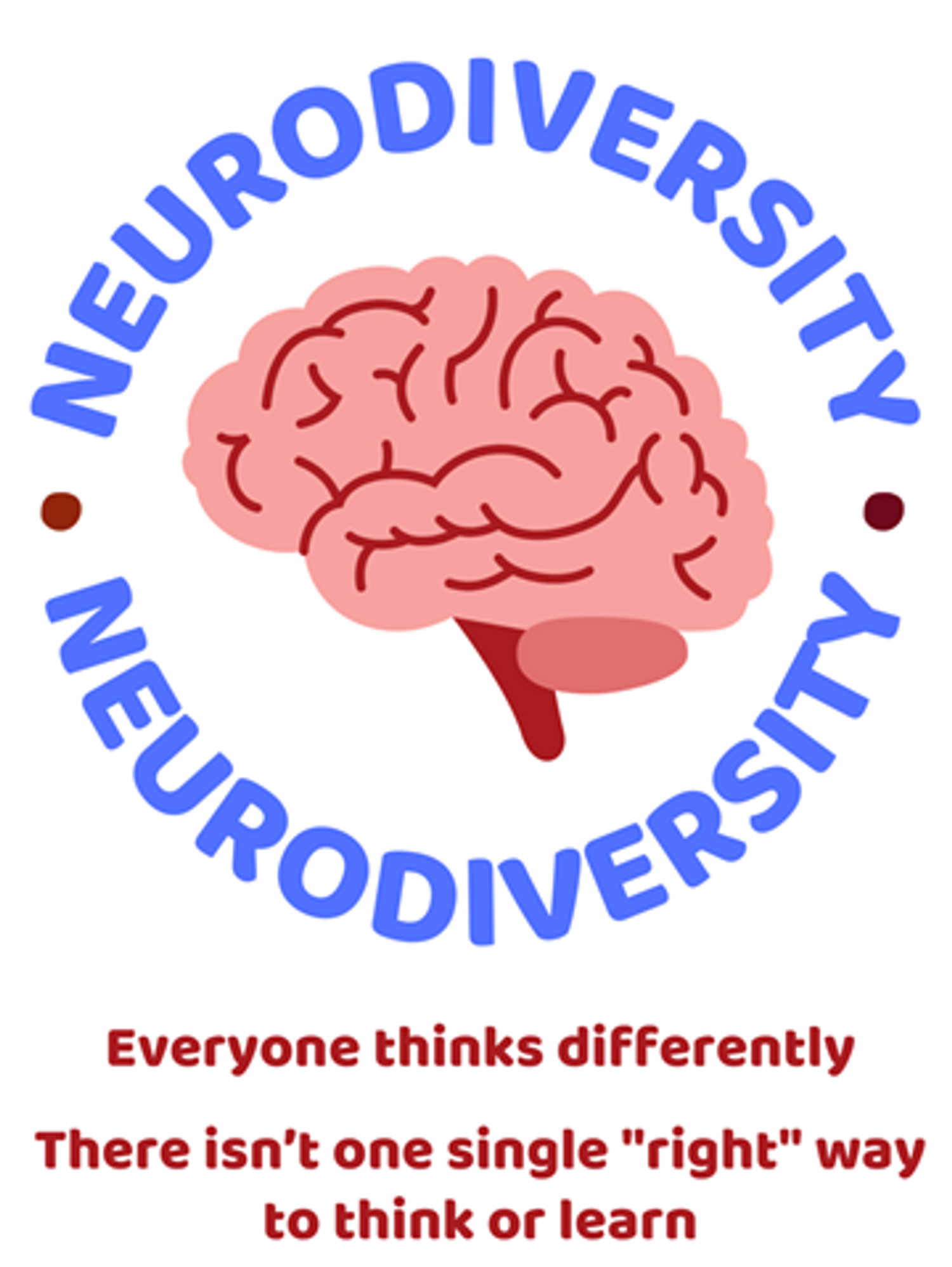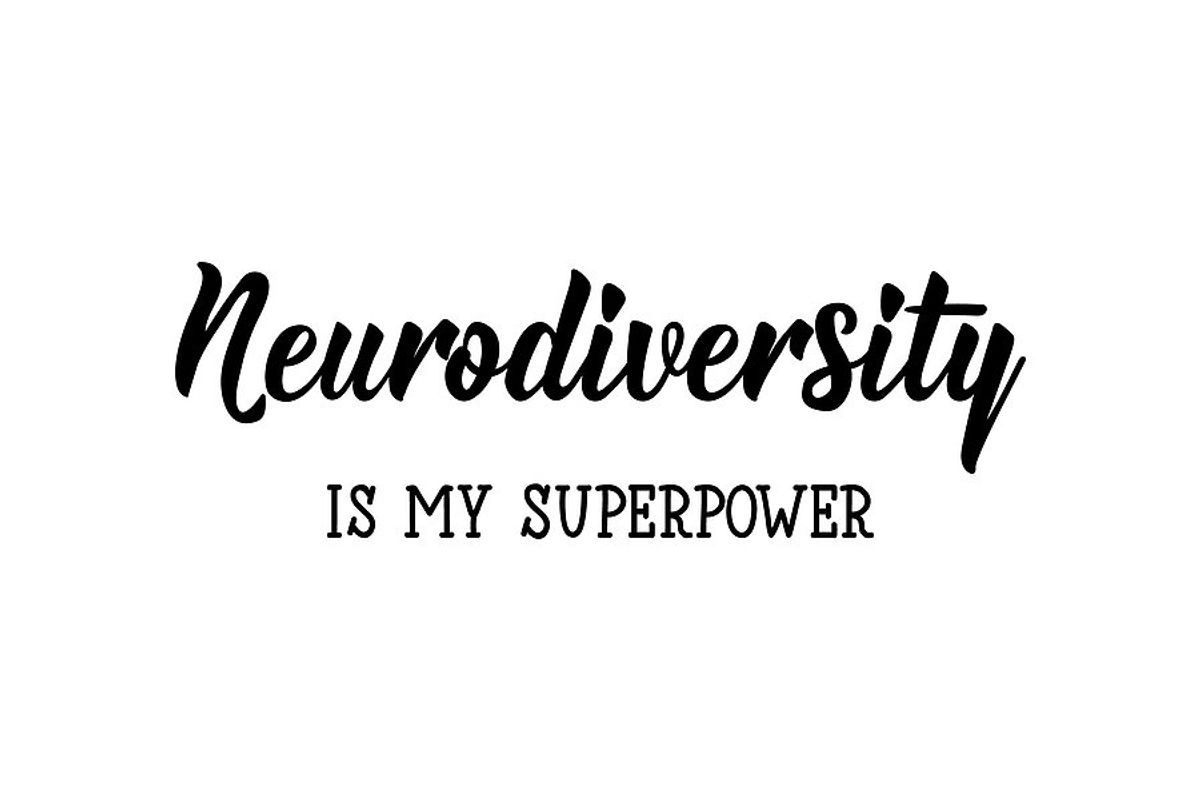
I attended a cybersecurity conference and there were sessions about zero trust, securing generative AI, and emerging threats. And then there was a very atypical keynote session called “Understanding and Managing Neurodivergent Staff” (presented by @Rick Doten). It was one of those “you don’t know what you don’t know” presentations.
I learned that there is a wide spectrum of neurodiversity, and ADHD, autism, and dyslexia are a few of the conditions. Generally speaking, neurodivergent individuals interpret, experience, and socialize with the world differently. They typically approach problem-solving and critical thinking in innovative ways producing creative insights and solutions. You may know neurodivergent individuals and not realize that they are neurodiverse. Or individuals may be undiagnosed and not realize that they are neurodiverse.
Neurodivergent Skill Sets

Image created by Debra Shannon
If everyone thinks differently anyway, how do you know if someone may be neurodivergent? Some examples of the skill set neurodivergent individuals may have are:
- High level of attention to detail – noticing errors and inconsistencies that others might overlook;
- Strong analytical and problem solving – being able to problem solve quickly with creative solutions without any previous knowledge or experience (aka fluid reasoning);
- Strong pattern recognition – tasks involving pattern analysis and drawing inferences;
- Determination and persistence in overcoming challenges;
- Hyperfocus on specific tasks – completing tasks with resolute attention;
- Creative thinking and innovation – coming up with fresh perspectives and out-of-the-box solutions; and
- Honesty and ethical behavior.
Neurodivergent individuals aren’t limited to these skill sets. Their abilities will vary based on their interests and strengths. As part of their personal development, find out what’s important to them. You should be encouraging and having open conversations with each team member anyway.
Individuals with these skill sets are a great fit for jobs that require meticulous work or breaking down complex problems and systematically analyzing them. Depending on their interests and strengths, some roles and careers that could be a great fit are accountants, administrative assistants, graphic designers, librarians, or pharmacists.
Neurodivergent individuals have a deep passion for specialized knowledge and have a natural aptitude for technical skills such as math, programming, and scientific research. This means they may naturally gravitate towards the IT and security fields. Some roles and careers that could be a great fit are statisticians, data analysts, IT support specialists, quality assurance testers, and ethical hackers (Red Team).
Leveraging Neurodiversity Superpowers

Image from Bigstock
Pause the next time you look at a job description (JD) either as a job seeker or as a hiring manager. A person may not be an obvious choice superficially but may be an excellent fit and a superstar! Some common job description skill sets that may align with the strengths of neurodivergent individuals are:
JD Skill Set & Strength Descriptors
- Attention to Detail – Meticulous, precision, accuracy, thoroughness
- Analytical Thinking – Analytical skills, problem-solving, data analysis
- Pattern Recognition – Identify trends, discern details detecting subtle patterns
- Persistence – Persistence, resilience, dedication
- Creativity – Creative problem solvers, innovators
- Honesty and Integrity – Confidentiality, customer service
Compare the job description with the specific skills and interests of the individuals. Hopefully, your application process allows individuals to highlight their relevant skills and experiences during the application and interview processes.
If you have the right role for the right person, neurodiversity could be an advantage. Offer reasonable accommodations to enable neurodivergent individuals to thrive. This could include flexibility in work hours/environment, a quiet/sensory-friendly workplace, communication preferences for expectations, as well as structured feedback.
For example, neurodivergent individuals may range from non-communicative to overly communicative. There are several tools and technologies (such as noise-canceling headphones, fidget toys, and task/time management apps) to facilitate communication, organization, and well-being for both personal and work life. If you demonstrate an inclusive work environment, research shows that neurodivergent employees may have lower turnover rates, which can reduce recruitment and training costs for the organization.
Having a diverse team with diverse perspectives makes the team stronger. Each person, whether neurodiverse or not, is unique and brings something different to the table. Appreciate those different perspectives and encourage and be supportive of each person.
For more information on understanding that neurodiversity is a superpower, follow me on LinkedIn!

 Bigstock
Bigstock Bigstock
Bigstock Bigstock
Bigstock


